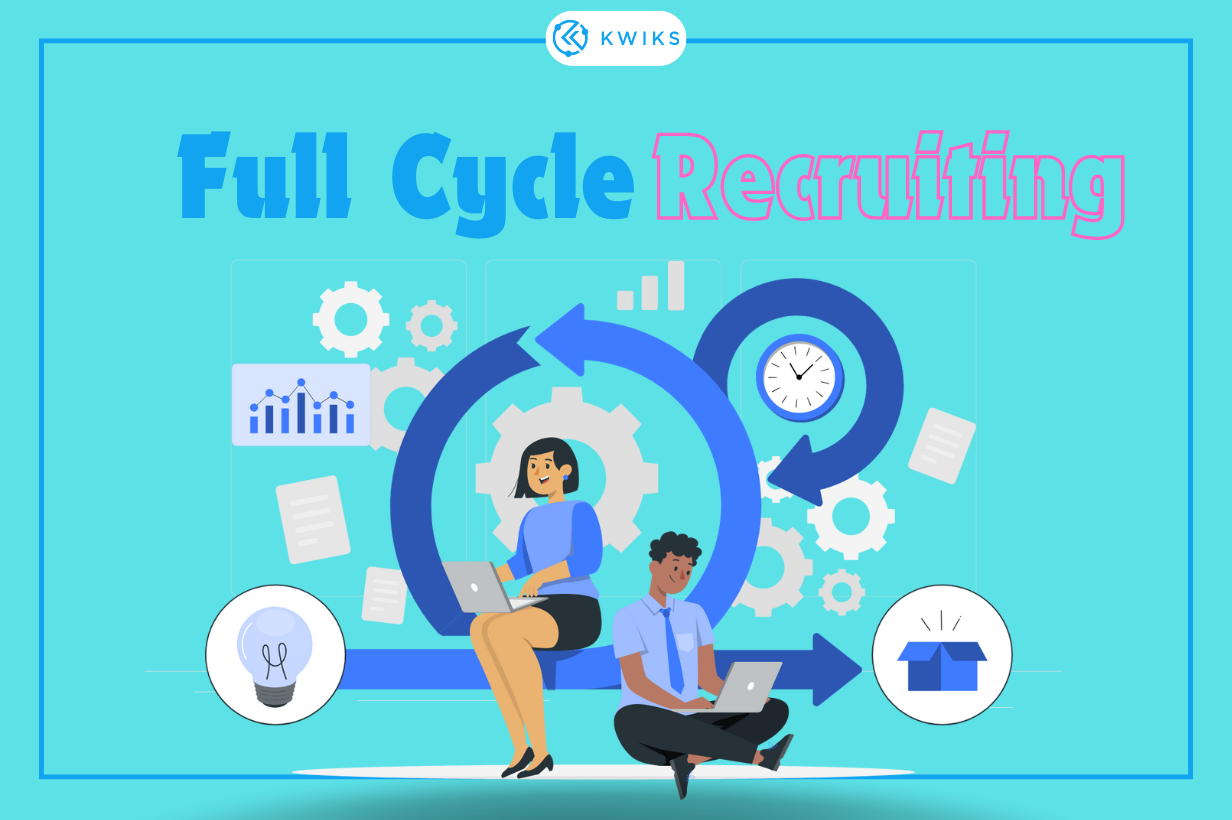
Why do you want to change jobs ?
- administrator
- November 20, 2023
Just as “Why do you want to work for our company?” is one of the commonly asked interview questions, “Why do you want to change positions?” is equally common. By clearly and succinctly explaining the reasons you want to embark on a new chapter in your career, you enhance your chances of securing the position. Otherwise, you may sow doubt in the recruiter’s mind, leading them to question why you might be avoiding the question, even if it’s not the case.
Ultimately, the question “why do you want to change jobs?” provides the recruiter with an opportunity to test your motivations and determination for the position, ensuring that your job search is not a means to gather job offers, only to obtain a counter-offer from your current employer later on.
The desire for a professional change can, of course, be explained by various valid reasons. By discussing them, you have the opportunity to highlight your ambitions.
- Salary :
In an inflationary context, salary is the number one reason why the workforce wants to change jobs.
- Better work-life balance :
Most employers are aware that since the pandemic, the workforce has become more demanding in terms of work-life balance.
- More responsibilities and career development opportunities :
The desire to develop your skills and train in new tools is a sign of commitment that adds value to your profile.
- Career redirection :
The pandemic has revealed new professional aspirations among the workforce. This desire for redirection can manifest as a quest for meaning in your daily work, which is an entirely valid motivation for a job change.
- Company restructuring :
Corporate restructuring plans sometimes lead to workforce reductions, a refocusing of activities, and a new organization.
- Relocation :
Sometimes, the right answer to this question is simply the desire or need to change cities.
- The position doesn’t match what was proposed :
It can happen that the company you just joined doesn’t suit you, and you realize significant discrepancies between the position presented during the hiring process and your daily professional life.












